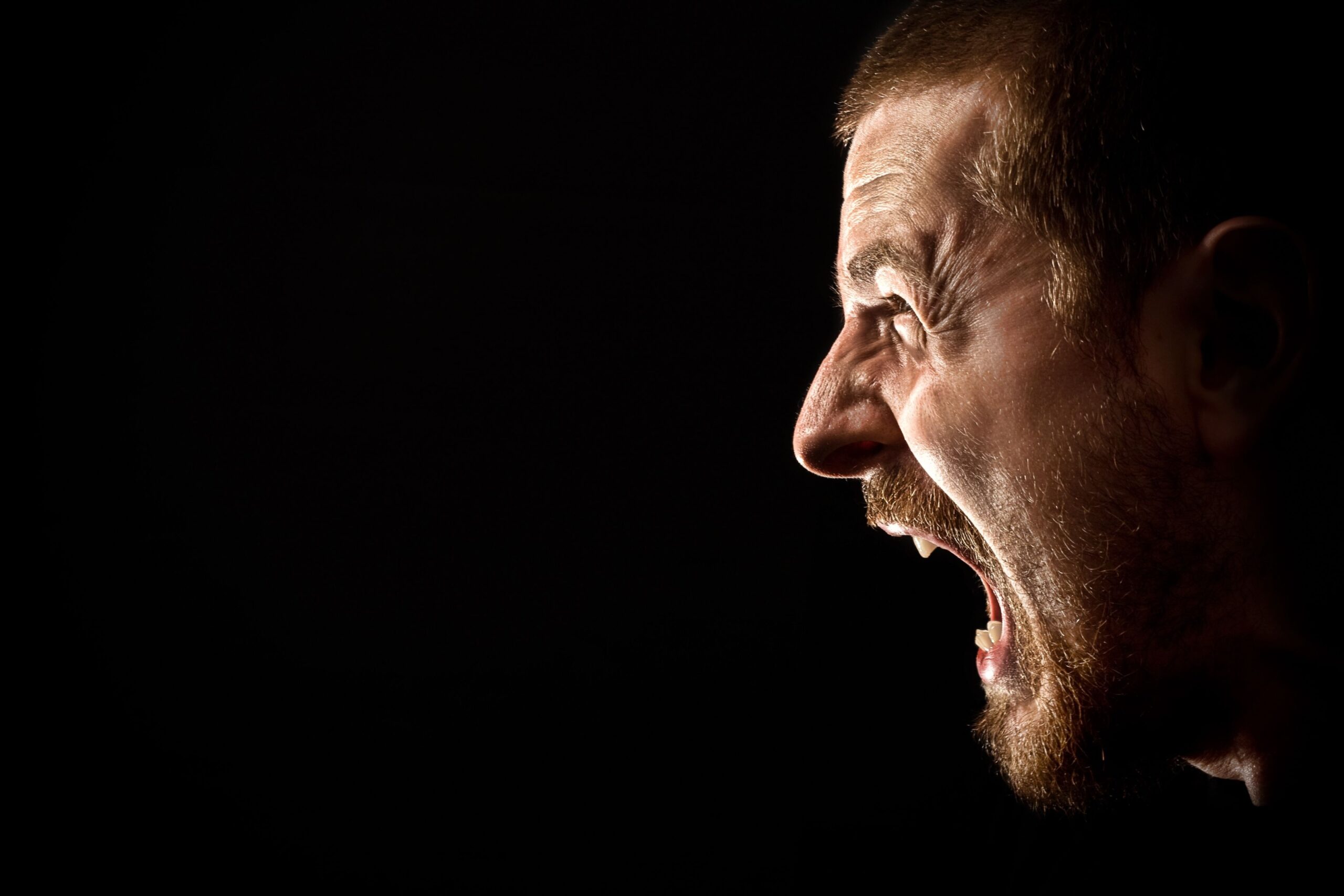Anger, a natural human emotion, has long been recognized and examined through various philosophical, psychological, and spiritual lenses. In Bahá’í teachings, anger is not merely a passing affliction but a catalyst for introspection and transformation. This article delves into the multifaceted relationship between anger and the Bahá’í perspective on personal growth, emphasizing tools for overcoming this potent emotion—particularly through prayer and self-reflection.
To embark on this exploration, one must first demystify the nature of anger itself. Anger can manifest in numerous forms: indignation, frustration, and rage, to name a few. Each variant evokes distinct responses and implications in both the conscious and subconscious realms. The Bahá’í Faith encourages adherents to recognize anger as an emotion that possesses the potential for constructive or destructive outcomes, depending on how it is managed. As such, it serves as an essential component in the tapestry of human experience.
The Bahá’í teachings elucidate that harboring anger is counterproductive and detrimental not only to the individual but to the larger community. Bahá’u’lláh, the founder of the Bahá’í Faith, stated that “the one true God hath created all men and hath made them one in the same essence.” This assertion underscores the interconnectedness of humanity, encouraging individuals to transcend personal grievances in favor of mutual understanding and compassion.
To address and mitigate anger, understanding its root causes is paramount. Anger often arises from unmet expectations, fear, or a perceived sense of injustice. By recognizing these underlying triggers, individuals can engage in deeper self-examination. The Bahá’í principle of humility, which emphasizes the insignificance of self in the grand narrative of existence, can be pivotal in this regard. A humble heart fosters patience and understanding, allowing for a more measured response to challenging circumstances.
Moreover, the Bahá’í teachings advocate for the practice of prayer as a foundational tool in overcoming anger. Prayer transcends mere supplication; it is a form of communion with the Divine, a channel through which individuals can attain solace and clarity. Through prayer, one can express feelings of anger and frustration directly to God, thereby releasing pent-up emotions and fostering an inner sense of peace. Bahá’ís are encouraged to incorporate daily prayer into their spiritual practices, establishing a firm grounding in faith that can counterbalance tumultuous emotions.
The concept of prayer in the Bahá’í Faith is remarkably inclusive. It is not limited to formal supplications but encompasses personal reflections and meditations. This flexibility invites a broader audience to engage in a healing dialogue with their inner selves. For instance, when feelings of anger arise, a Bahá’í may choose to recite specific prayers dedicated to patience, forgiveness, and love. This practice helps cultivate a disposition that favors understanding rather than retaliation.
Emphasizing the importance of overcoming anger “one day at a time,” adherents are encouraged to approach their healing journey with gentleness and patience, recognizing that transformation is rarely instantaneous. This perspective aligns harmoniously with the Bahá’í belief in progressive revelation, an acknowledgment that spiritual growth unfolds gradually. By viewing anger as a challenge to be managed daily rather than a defining characteristic, individuals can foster resilience and self-control.
Practical strategies are essential in complementing spiritual practices. Mindfulness techniques may prove beneficial in this regard. Engaging in meditation and reflection helps in the cultivation of awareness, allowing individuals to recognize anger as it arises without being consumed by it. Breathing exercises, for example, can serve as effective countermeasures during moments of emotional turmoil, providing a physical means to regain composure before responding.
Furthermore, understanding the importance of community support cannot be overstated. The Bahá’í community is founded on principles of collaboration and mutual assistance. Seeking counsel from fellow believers, engaging in empathetic conversations, and participating in community activities can offer a supportive environment that encourages emotional sharing and understanding. This communal aspect functions not only as a healing process but as a vital reinforcement of the interconnectedness espoused in the Bahá’í teachings.
The narrative surrounding anger within the Bahá’í Faith transcends mere suppression of emotions. Instead, it embraces a transformative journey characterized by awareness, prayer, and community. The insights derived from Bahá’í teachings equip individuals with the tools to confront anger constructively. Employing these methodologies fosters personal growth and advances the broader objective of unity and understanding across humanity.
In conclusion, the process of overcoming anger through Bahá’í teachings is multifaceted, encouraging a symbiotic relationship between spirituality and practical action. Through prayer, mindfulness, community, and the acknowledgment of one’s inherent interconnectedness, anger can evolve from a reactive impulse into an opportunity for introspection and growth. By adopting a holistic approach—“one day at a time”—individuals can navigate the complexities of anger while striving towards a more harmonious existence.
